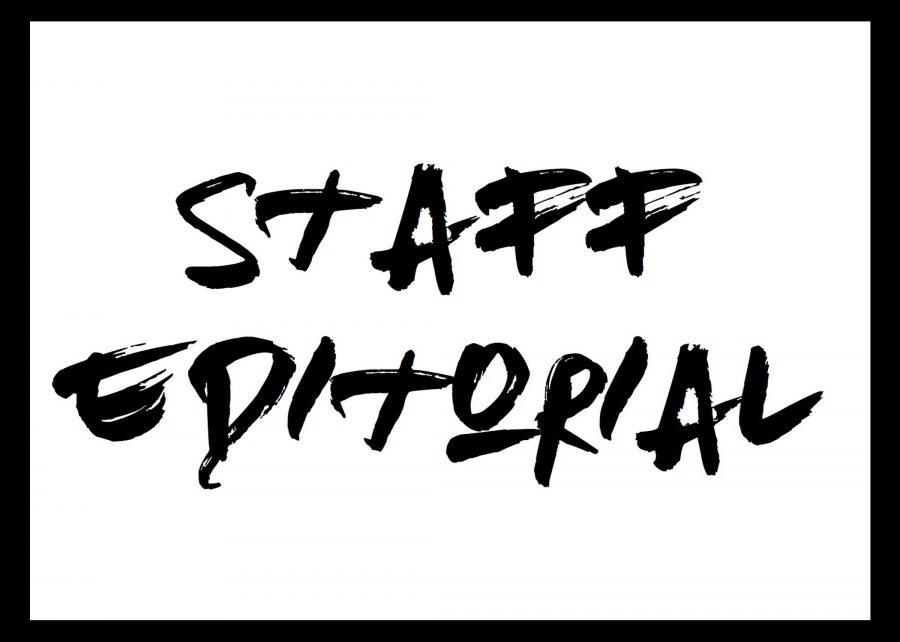Shortly before the start of the fall 2018 semester, the vast majority of the Wellesley student body was taken aback by the announcement of a new Demonstration Planning Policy that many students found concerningly counterproductive to the protection of free speech on campus. Student response was immediate — and largely online, due to the simple fact that many returning students were not yet back on campus.
However, in spite of the huge reaction the original policy generated online and the policy’s subsequent suspension, the two town halls held by the Task Force on Speech and Inclusion this semester intended to generate student input concerning a new policy were sparsely attended.
It is evident that Wellesley College is comprised of a student body full of strong opinions and convictions. However, there are words and then there are actions, and with regards to the planning policy and the Task Force on Speech and Inclusion, all the strong words expressed by the student body failed to amount to an in-person turnout.
At The Wellesley News we have experienced some similar frustrations: readers take issue with the content of our paper in public forums such as Facebook without contacting us to share these views directly or start a dialogue; other readers hide behind the anonymity of a personal email exchange refuse our offer to submit letters to the editors. It must be noted here that our frustration is not in being subject to criticism — the editorial board wholeheartedly supports the rights to free speech and press — but rather in the expression of disapproval in the absence of constructive, practical suggestions for improvement.
In the face of these frustrations, it can be easy to make some really bad arguments, like claiming people are simply lazy, or that people prefer to complain rather than work to make a situation better. “It’s the Millenials,” and so on and so forth. But we are not going to make those arguments, because we think there is a lot more to it than that.
First of all, with respect to the town halls, we understand almost everybody here at Wellesley is very busy. In a given week, you have two p-sets and an essay and a midterm and applications and so on and so forth. Some people have MIT classes and jobs and appointments, and maybe could not physically make one or both town halls. We understand and acknowledge all these things. They are, once again, not our point of concern.
What we really want to talk about here is disillusionment with institutional forms of cooperation and change. From the class of 2019 to the class of 2022, we are a generation of students who were raised on the promises of hope and change. We had a lot of hope, but it felt like not all too much changed, and then in 2016 we got dropped into a parallel universe where up is down and “alternate facts” became something that had to be discussed in a serious, non-satirical context.
The system is broken in so many ways. From the spectacular failure of the 2016 election, to the farce of a senate confirmation hearing, to environmental protections and personal data being rung up and sold to the highest bidder, it is nearly impossible to arrive at this point in our lives with the same idealism we held five years ago. There is nothing as discouraging as feeling utterly unheard, unseen and quite frankly, screwed over.
And admittedly, there are certain elements about the Wellesley experience that can feel basically like these larger trends writ small. Money appears to be spent on the College veneer, and misguided attempts at improvement draw ire and ridicule.
Words like “committee” and “task force” are fundamentally linked to bureaucracy in an age when large institutions generally seem to do nothing or make things worse. Thus the connotative meanings of “committee” and “task force” render the group’s title impersonal and, in a sense, dirty.
So, basically, we get why you didn’t show up to the Task Force on Speech and Inclusion town halls. We understand disillusionment.
But here’s our proposal: be disillusioned and try anyway.
Try anyway because — at the risk of concluding perhaps the most depressing pep-talk ever on an even darker note — “at least we tried” is perhaps the one and only bit of comfort we can guarantee ourselves, regardless of what happens. If we try — genuinely try — even if Murphy’s law holds and everything in both our individual worlds and the world at large goes as terribly as it possibly can, at least at the end of the day we will still have that one tiny bit of comfort to hold on to, and that’s better than nothing at all.




